- Antarctic Peninsula
- Antarctica
- Birdlife
- Expedition Cruise
- Falkland Islands
- South Georgia
- Wildlife
- Wildlife Photography
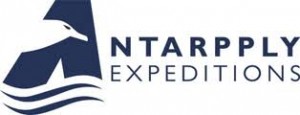
South Georgia offers a spectacular scenery, outstanding wildlife, history of human endeavour and is at the same time such a remote island group, that a visit turns into a real privilege.
It is easy to think “small” with islands, but South Georgia is something very different. The mountain ranges offer a beguiling landscape. There are sheltered valleys with meltwater streams, tussac grass covered moraines with close-up wildlife. Glaciers cover the mountains and even huge tabular icebergs from the shelves of the far south thump along South Georgia´s weather shore to become features of its great landscape. Come and join us to explore all the facets South Georgia has to offer.
September and October are the months, when the elephant seals give birth on the beaches in South Georgia. We will not only witness these touching moments but also be able to observe, how the cows get to know their pups by vocalization and checking out their particular scent caressing and sniffing them for up to 30 minutes before nurturing them for the first time. Big elephant seal bulls will be most active defending their harems. There will be bull fighting on the beaches everywhere and breathtaking moments are almost guaranteed.
King Penguins are of course also around. As this species has an odd breeding cycle of 14 months, there are always huge groups of King Penguins involved in the breeding process no matter when one arrives at South Georgia. But in October there are particular possibilities of taking pictures of big gatherings of fluffy brown chicks guarded by only a very few grown up King Penguins.
Black-browed Albatross, Grey-headed and Light-mantled Sooty Albatross have just started nesting in October. The Wandering Albatross has been breeding since the previous year, so the chicks are sitting on the nest and waiting for their parents to come in and feed them. The most important breeding site for Wandering Albatross, Prion Island, will most likely be closed from mid November until the beginning of January, therefore during our October voyage we have the chance to visit this extraordinary site.
| DEPARTURE/RETURN LOCATION | Ushuaia (Argentina) | |||||||||
| DEPARTURE DATES |
13 October 2024 – 3 November 2024 |
|||||||||
| DURATION | 22 days/21 nights | |||||||||
| PRICES per person | Standard Plus Triple US$9,990 Twin Standard US$10,990 Plus Twin US$14,130 Premier Twin US$16,800 Premier Single US$20,180 Superior Twin US$17,770 Suite Twin US$18,670 |
|||||||||
| GROUP SIZE | 88 Guests | |||||||||
| INCLUDED |
|
|||||||||
| NOT INCLUDED |
|
Additional information
| Destination | Antarctica, Falkland Islands, South Georgia |
|---|
Day 1
Welcome to Ushuaia – Argentina.
In the afternoon we will board the USHUAIA. A welcome drink and then an introduction to the crew and expedition staff will follow, and we will have time to get to know our new shipmates. The ship will then set sail towards the Western Falkland Islands (Malvinas), known for their rugged beauty and wealth of seabirds and waterfowl.
Day 2
At Sea
The open bridge policy on the USHUAIA allows us to join the officers on the bridge and learn about navigation, watch for marine life, and enjoy the views of the open ocean. These waters are also home to an interesting group of seabirds, which often ride the currents created in the wake of the ship, such as albatrosses and petrels. Join the expedition staff and naturalists on deck whilst we are at sea as we search for seabirds and other local wildlife, such as orcas and dolphins. An interesting selection of lectures will help us to prepare for our first excursions in the Falkland Islands (Malvinas).
Day 3
Western Falkland Islands
With favorable conditions, our lecturers and naturalists will accompany you on your first excursion on October 19, 2018. On the western coast we might visit the following islands:
West Point Island
West Point Island lies off the most north-westerly point of mainland West Falkland (Malvinas). The attractive settlement sits on the edge of a small harbor on the eastern side of the Island, in the lee of Black Bog Hill and Michael´s Mount. The valley between these two peaks rolls over the center of the island to the dramatic Devil´s Nose, one of the Island´s main attractions. From here visitors are treated to splendid views of Cliff Mountain, the Island´s highest point at 1,250 ft (381 m), and the highest cliffs in the Falklands (Malvinas). This is where we will encounter a vast colony of Rockhopper Penguins and Black-browed Albatrosses, nesting together in close vicinity.
Carcass Island
Carcass Island lies to the north-west of the Falklands archipelago (Malvinas). A mature tussac plantation covers much of the lower ground below Jason Hill to the east. The availability of abundant cover and the absence of cats, rats and mice throughout the island have made for a spectacularly large population of small birds, which is one of Carcass Island´s most delightful features. Gentoo and Magellanic Penguins do also nest here. Peale´s and Commerson´s dolphins come frequently close to the shoreline to get a glimpse of the visitors as well. At the settlement with its beautiful gardens, we are invited to enjoy tea and cookies with the locals.
Overnight we will sail around the northern islands of the archipelago in easterly direction to reach the capital, Stanley, in the following morning.
Day 4
Eastern Falkland Islands / At Sea
In the morning hours we will have time to explore the quaint little town of Stanley and its wonderful Museum, souvenir shops and pubs. The town was established in the early 1840´s. Isolation and the weather conditions made life hard, but progress was gradual and punctuated by the extremely eventful times of involvement in two world wars.
For those who are more interested in the outstanding wildlife the Islands have to offer, you do not even have to leave town to enjoy it. Southern Giant Petrels often fly close to the shoreline. The endemic Falkland Steamer Ducks abound on the shorelines while Kelp Gulls can often be seen flying together with Dolphin Gulls. The less obvious but frequent visitors to Stanley area are Black-crowned Night Herons, Red-backed Hawks and Peregrine Falcons. Turkey Vultures are regularly seen on top of any prominent building. Many pairs of Upland Geese frequent the park and it might be nice to take a stroll around the gardens of town to see some of the singing birds as well.
In the early afternoon it is time to set sail, heading for South Georgia.
Days 5-7
At Sea / South Georgia
An extensive lecture program will be offered during the days at sea. Expert naturalists share their knowledge of the wildlife and unique ecosystems we will encounter throughout our voyage. South Georgia is widely regarded as one of the most beautiful and inspiring places on earth with more wildlife than virtually anywhere else on the planet.
South Georgia will come in sight! Though extremely isolated, it has amazing scenery ranging from high mountains and mighty glaciers to deep fjords and low-lying grassland. If the weather is favourable, we would aim to visit one of the following sites in the late afternoon:
Elsehul
Situated at the northwestern extremity of South Georgia on the eastern side of the knife-edged summit ridges of Parydian Peninsula, Elsehul is a beautiful little harbour. It is the only visitor site on the island, where colonies of Black-browed and Grey-headed Albatrosses can be viewed from zodiacs within the protection of sheltered inshore waters.
Right Whale Bay
Right Whale Bay is a bay 1.5 miles (2.4 km) wide, entered between Craigie Point and Nameless Point along the north coast of South Georgia. The name dates back to at least 1922, when South Georgia was still a centre for commercial whaling. Today we hope to encounter a small colony of King Penguins, along with Giant Petrels, gulls and breeding elephant seals on the black ashen beach.
Days 8-11
South Georgia
Our exact itinerary will depend on local land and sea conditions but the following destinations are among those that we would like to explore:
Salisbury Plain
Sometimes called the “Serengeti of the South”, Salisbury Plain is a wildlife site without parallel. Several large glaciers provide a dramatic backdrop for the tens of thousands of King Penguins that nest in the tussac grass of this remarkable ecosystem. The wide beach makes for excellent walking as we visit the colony, where we are literally surrounded and delightfully outnumbered by throngs of curious, gentle penguins. Elephant and fur seals also abound, as well as Southern Giant Petrels and the occasional wandering Gentoo Penguin. Prepare for an awe-inspiring experience, as the elephant seals are giving birth on the beaches.
Prion Island
Prion Island is a beautiful tussac-grass covered islet. If we are lucky we will get the opportunity to see a breeding colony of Wandering Albatross on top of it. We will climb to the summit on a wooden boardwalk, which takes us close to their nests and offers comfortable viewing platforms.
Grytviken
Grytviken lies within King Edward Cove, a sheltered harbor tucked between Hope Point and Hobart Rock on the western shore of Cumberland East Bay. The rusting ruins of the Grytviken whaling station are situated on a level plain at the head of the cove, backed by steep hills and mountains. Now the site of the South Georgia Museum, the station remains a focal point of interest for many visitors, as does Sir Ernest Shackleton´s grave in the nearby whaler´s cemetery and his memorial cross on Hope Point.
The scenery in this area is exceptionally beautiful even by South Georgia standards: the glaciers and snow covered peaks of the Allardyce Range – Mt. Sugartop, Mt. Paget, Mt. Roots, Nordenskjöld Peak, Mt. Kling and Mt. Brooker – form a magnificent backdrop to the cove, and the views from King Edward Point in particular, must be among the finest on earth.
Godthul
Situated 9km east of Cumberland East Bay on the eastern shores of Barff Peninsula, Godthul is a 3km long inlet that lies between Cape George and Long Point. Gentoo Penguins are abundant on the tussac plateau and Light-mantled Sooty Albatrosses echo off the natural cliff amphitheater that encircles the harbor. A floating factory ship serviced by two whale catchers was stationed here each summer between 1908 and 1929. A small shore depot supporting the whaling operations was established close by the stream in the southeast corner of the harbor, and the rusting barrels, wooden shed and boats are fascinating relics of the whaling era, as is the impressive collection of whale and elephant seal bones scattered along the beach.
St Andrews Bay
The surf beaten coastline at St. Andrews Bay runs north-south in a 1.86 mile (3 km) long uninterrupted sweep of fine dark sand, covered in penguins and seals and bounded in the interior by the Cook, Buxton and Heaney Glaciers. The bay hosts the biggest colony of King Penguins on South Georgia. Early in the season, the beach is also carpeted with fur and elephant seals. Such a large assemblage of wildlife attracts an entourage of persistent and voracious scavengers. Sheathbills dart in and around the penguin colony. Cape Petrels nest in a small number on the cliffs north of St. Andrews Bay. Leopard seals patrol the rocks at this end of the beach too, hunting for penguins along the edge of kelp beds. A few White-chinned Petrels and Light-mantled Sooty Albatrosses nest on the tussac slopes. Brown Skuas and Antarctic Terns breed on the outwash plain and scree slopes at the north end of the beach, defending their nest sites with their characteristic noise and vigor.
Cooper Bay
Cooper Bay is found at the southeast extremity of South Georgia. There is a wealth of wildlife at this site, in a spectacular setting. Chinstrap, Gentoo and maybe one or two Macaroni Penguins dot the tussac slopes and there are plenty of fur seals on the beaches. Fascinating volcanic rocks tower over small fjords, giving a stunning invitation for a thrilling zodiac cruise to watch wildlife from the waterfront.
Drygalski Fjord
Drygalski Fjord is also located in the far south east of the island. The glaciers found in this dramatic fjord have retreated significantly in recent decades, but they still remain one of the most striking features of this coastline, particularly the Risting and Jenkins Glaciers. With a little luck, we might see the glaciers calve and witness the birth of a new iceberg from on board the ship.
Days 12-13
At Sea
We spend the next two days crossing the Scotia Sea towards the Antarctic Peninsula offering opportunities to be out on deck, catch up on some reading, check through and edit our photos, or simply reflect on the magical experiences of the last days on South Georgia. Lectures and other activities will be offered throughout these days.
Day 14
Elephant Island, South Shetland Islands
We hope to have a chance to visit the enigmatic Elephant Island. Sir Ernest Shackleton fans will need no introduction to this historic windswept island. In 1916 Shackleton was forced to leave 22 of his men stranded on these shores, while he and five others embarked on an unbelievable last-ditch rescue attempt. What followed is one of the greatest rescue stories of all time. Every passenger will return with a greater knowledge of this gripping tale of adventure in a truly remarkable part of the world.
Day 15
At Sea – Antarctic Peninsula: Antarctic Sound
Our expedition team will prepare you for our experience in the Antarctic Peninsula and South Shetland Islands.
Later today, we hope to arrive at the Antarctic Peninsula in the area of the scenic Antarctic Sound. Here we will try to land at one of the following landing sites:
Argentine Antarctic Station Esperanza
We will try to sail the passage to the east side of the Antarctic Peninsula, which traverses the Antarctic Sound and runs northwest-to-southeast. Hope Bay and the Argentine Station Esperanza are located on the western side of the Sound.
Brown Bluff
Brown Bluff, a promontory on the Tabarin Peninsula, is located south of Hope Bay. Both of them might be possible landing sites. The Weddell Sea represents the center of the Peninsula´s Adélie Penguin population.
Days 16-17
Antarctic Peninsula and South Shetland Islands
Our expedition team will prepare you for our experience in the Antarctic Peninsula and South Shetland Islands.
Gerlache Strait
This region of broad straits, mountainous islands, protected bays, and narrow channels offer moments of solitude. A profusion of tall peaks humans have never climbed and vast glaciers flowing inexorably seaward are the physical features here.
Hydrurga Rocks
We might visit Hydrurga Rocks, a small group of islets, which lie east of Two Hummock Island in the Palmer Archipelago, at the northern entrance of the Gerlache Strait. Chinstrap Penguins, Blue-eyed Shags and Kelp Gulls are confirmed breeders here.
Cuverville Island
We may also go to Cuverville Island, which lies in the scenic Errera Channel, in the center of the Gerlache Strait. A well-defined raised beach forms a nesting site for many Gentoo Penguins here. On our way north we plan to explore the South Shetland Islands.
Deception Island
We plan to sail through the narrow passage into the flooded caldera of Deception Island – the largest of three recent volcanic centers in the South Shetlands- which is truly amazing. Once inside, the rising slope of the black, cinder-covered volcanic rim can be walked uphill to a rather spectacular vantage point.
Half Moon Island
This crescent-shaped island, in the entrance of Moon Bay between Greenwich and Livingston Islands, is home to Chinstrap Penguins in breathtaking surroundings.
Days 18-19
At Sea
We leave Antarctica and head north across the Drake Passage. Join our lecturers and naturalists on deck as we search for seabirds and whales. We will also enjoy some final lectures. Take the chance to relax and reflect on the fascinating adventures we have had over the past days.
Day 20
Ushuaia
We arrive at the port of Ushuaia in the early morning and disembark the USHUAIA after breakfast.
Please note: The above itinerary is a guide only. Our exact route and program will vary to take best advantage of local weather and ice conditions and opportunities to view wildlife. Changes will be made by the Captain and/or Expedition Leader to facilitate the best results from the prevailing conditions. A daily program sheet will be issued on board. Flexibility is the key to success.
M/V Ushuaia
Originally built for the United States agency NOAA (National Oceanic & Atmospheric Administration), the ice-strengthened polar vessel USHUAIA is very well appointed and provides ample deck space and an open bridge policy. The full complement of inflatable landing craft ensures superb landings and wildlife viewing opportunities on the otherwise inaccessible coastline.
All cabins include ample storage space. Public areas feature a large dining room (one sitting), an open-plan observation lounge / lecture room with modern multimedia equipment, bar and a well-stocked library. There is also a changing room and a small infirmary. Our expert captain, officers and crew are highly experienced in Antarctic navigation and have a great love of nature. We provide a specialist team of international expedition leaders and lecturers, all extremely knowledgeable, enthusiastic, helpful and dedicated to the protection of the environment. Our chefs prepare excellent cuisine including many local specialties and the bar is well-stocked with carefully selected wines and spirits.
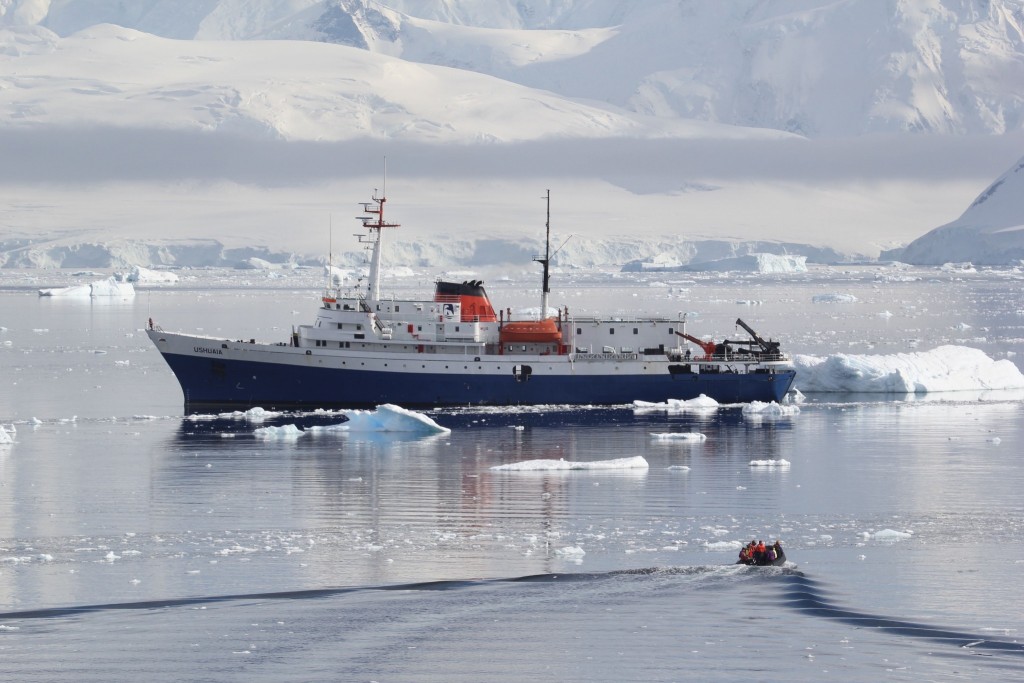
| Length | 84.73 m / 278.3 feet |
| Beam | 15.41 m / 51 feet |
| Speed | 14 Knots |
| Passengers | 88 |
| Crew | 38 |
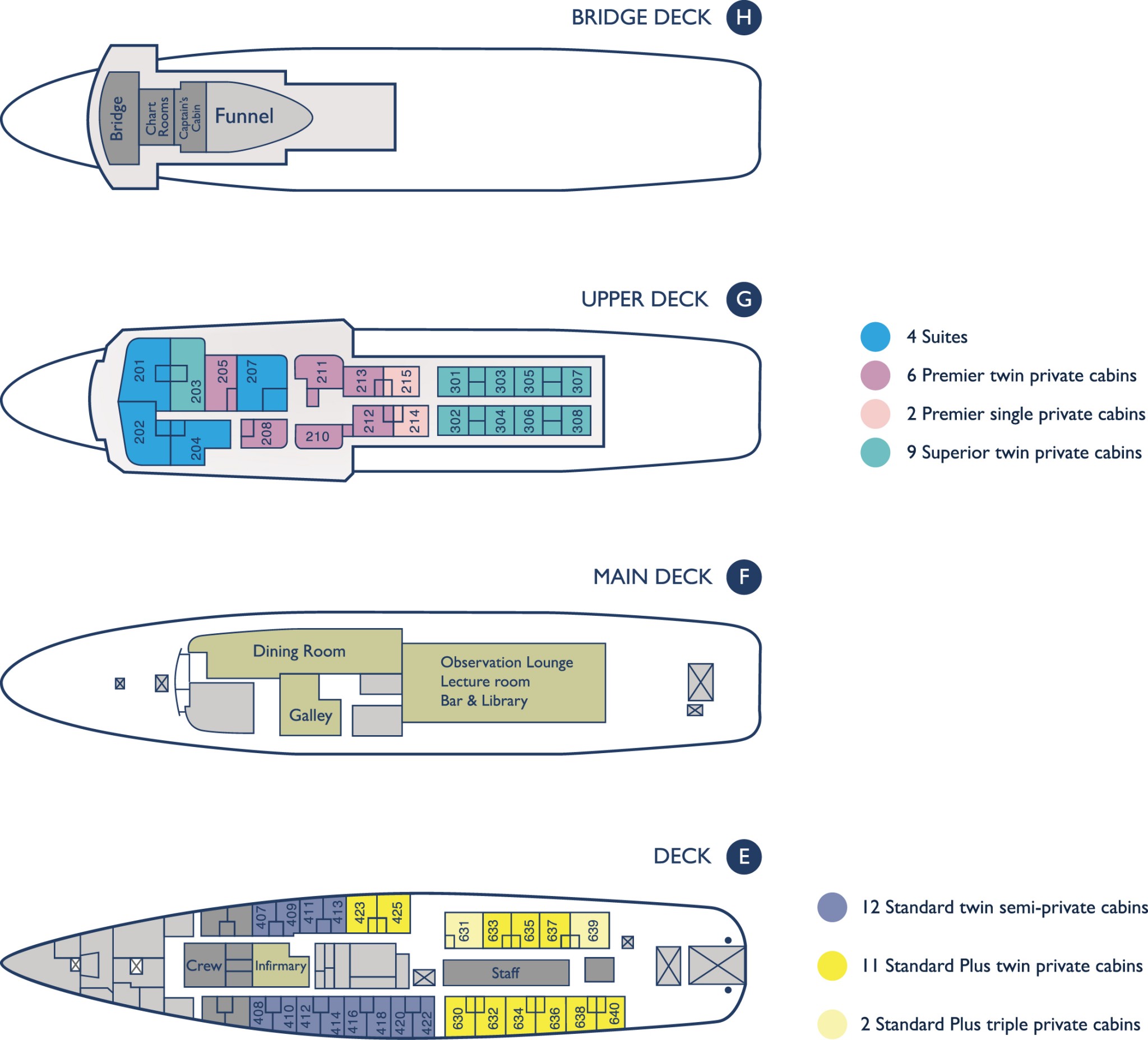
Cabins
| One of two outside Standard Plus triple cabins on Deck E featuring a window, private facilities and three lower berths. |
| One of twelve outside Standard twin cabins on Deck E featuring a porthole, two berths (upper/lower) and semi-private facilities. |
| One of eleven outside Standard Plus twin cabins on Deck E featuring a porthole, private facilities and two lower berths. |
| One of six outside Premier twin cabins on the upper Deck G featuring a window, private facilities and two lower berths. |
| One of two outside Premier single cabins on upper Deck G featuring a porthole (view obstructed by lifeboat), private facilities and one single bed. |
| One of nine outside Superior twin cabins on the upper Deck G featuring a window private facilities and two lower berths. |
| One of four outside Suites on the upper Deck G with windows, private facilities, lounge, TV, DVD player and fridge. This portside corner suite features one double bed in the bedroom and one sofa bed in the sitting area. |
How to Book
To ensure your place on this exciting adventure, please contact us to reserve a place 02 6355 2022 or , then complete the Adventure Associates Booking Form and return to us with your USD per person deposit.
| Deposit required per person: | 30% in US$ per person |
| Balance due: | 90 days prior to departure |
| If booking within 89 days of departure: | Full payment must be made. |
Reservations are established when you receive written confirmation and acceptance of the deposit and Booking Form. Travel insurance is strongly recommended at the time of booking.
Cancellations
Cancellations must be advised in writing to Adventure Associates. Cancellation charges are subject to regulations of airlines, coach and tour operators, hotels and other principals involved. If it is necessary to cancel your arrangements, the following non-refundable charges will apply.
| More than 150 days prior to departure | US$ 1000 per person |
| Between 149 and 90 days prior to departure | Full loss of deposit per person |
| Between 89 and 76 days prior to departure | 75% of tour cost per person |
| On or within 75 days prior to departure | No Refund |
If the cancellation charge is more than your advance payment you remain liable for the difference. For these and other reasons mentioned above you are strongly recommended to take out Travel Insurance. Once the tour has departed there will be no refund for any unused portions of the trip.

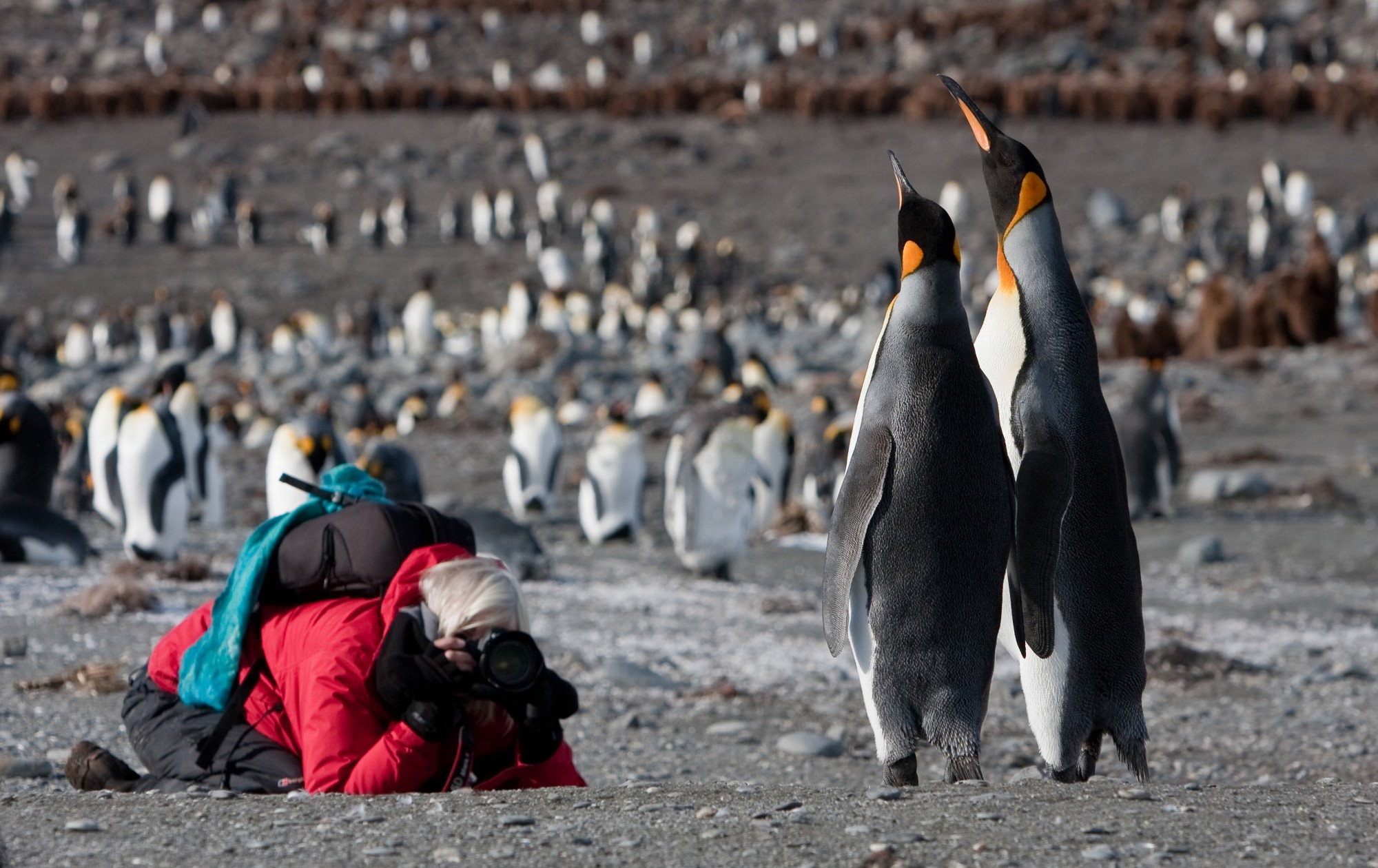








































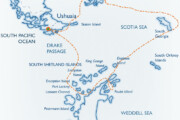
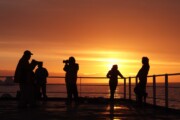
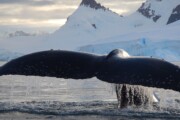
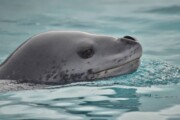
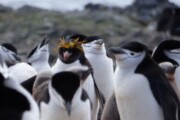
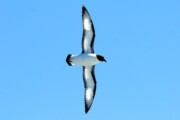
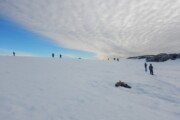
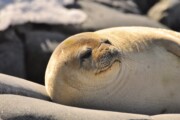
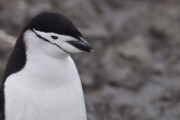
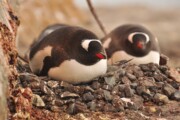
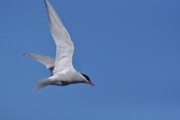
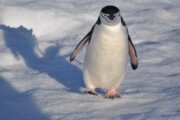
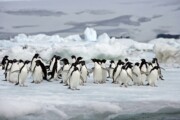
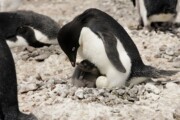
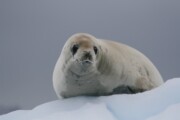
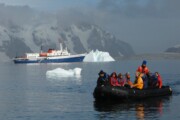
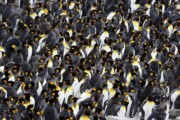
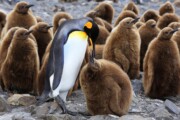
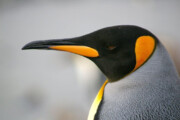
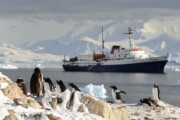
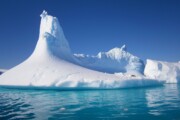
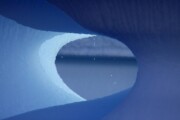
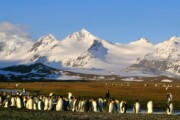
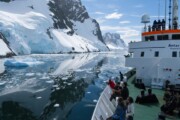
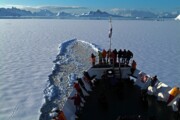
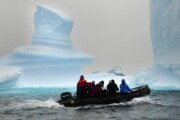
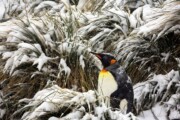

Tour Reviews
There are no reviews yet.
Leave a Review